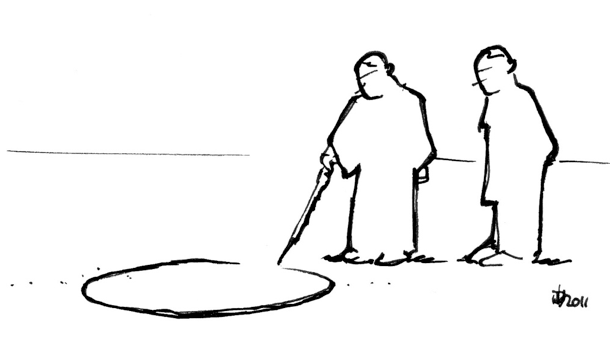Combine Maturana & Varela, radical constructivists of the first hour, with Skinner, one of the most renowned behaviorists, and you’ll see that radical constructivism does not counteract behaviorism, but expands it on a higher (Batesonian) level.
“Everything said is said by someone.”
– Umberto Maturana & Francisco Varela (1987), “The Tree of Knowledge”, p.27
“I have never faced a problem which was more than the eternal problem of finding order.”
– Frederick B. Skinner (1956), „A Case History in Scientific Method“, quoted in Edward G. Rozycki (1995), „A Critical Review of B.F. Skinner’s Philosophy with focus on Walden Two“
“I have never faced a problem which was more than the eternal problem that every order encountered is someone’s order.”
– Combination of Skinner (Behaviorism), and Maturana & Varela (Radical Constructivism).

